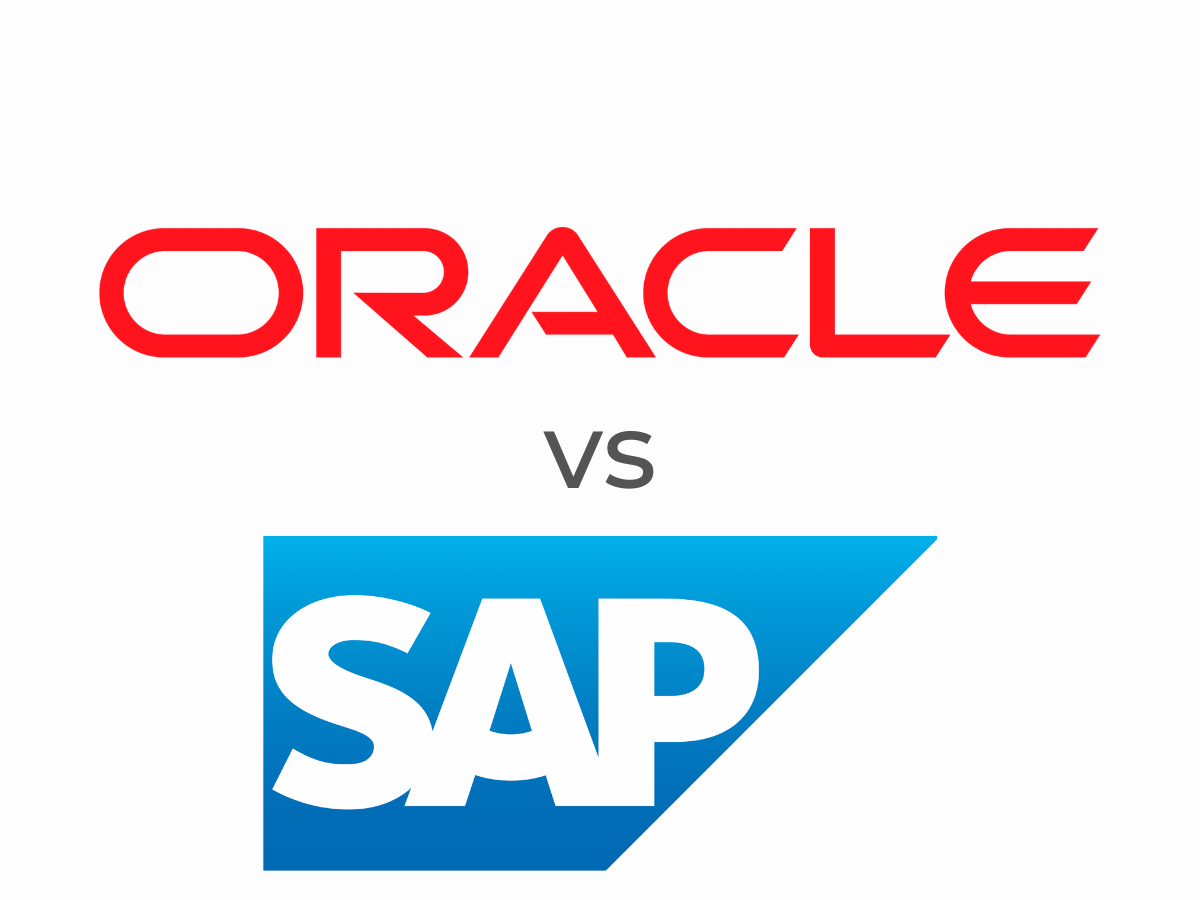Despite the war and the difficult state of Israel’s technology industry, 85% of investors who have invested in Israel in the past do not plan to reduce their levels of investment in 2024, according to a survey of 100 investors by research platform Startup Snapshot.
The report was compiled together with Deloitte Catalyst, the Zell Entrepreneurship Program at Reichman University, FinSec Innovation Lab, and startup advisory firm Consiglieri. All the investors, from Israel and overseas, were asked about the characteristics of the Israeli high-tech industry, and about the effects of the war and of economic and political events in the past year.
80% of the respondents said that the decision by Moody’s to downgrade Israel’s sovereign rating would not alter their plans to invest in Israeli startups in 2024, although it does create uncertainty over the Israeli ecosystem. “There is confusion and disagreement over the question whether technology will be more or less harmed than other industries,” says Startup Snapshot founder Yael Benjamin.
As far as minimizing risk is concerned, in the light of the uncertainty over when the war will end, only 17% of the investors recommend hiring workers from overseas, only 13% believe that Israeli startups should register as US corporations, and a negligible 2% recommend startups to transfer their cash outside of Israel.
“This stems from the view that in difficult macro-economic conditions, it’s necessary to focus on core issues, and not be distracted by extreme measures,” Benjamin explains. “The investors saw how entrepreneurs were coping with the crisis and the strength of the Israeli ecosystem, and this gave them confidence in Israel’s resilience. Evidence of that is that 49% said they would increase their investments in Israel in 2024 in comparison with last year, and that’s very encouraging.
“What surprised me is that there is no general panic, as there was last year. The investors suggest to founders: think about efficiency, reducing costs and growth forecasts, and build strong companies.”
Where is there a problem?
“Funds have very much reduced their rate of investment, and it could be that many companies will not manage to raise money. We asked investors whether they would invest in their portfolio companies so that they would reach the next stage and not be shut down or raise money at a very low valuation, and only 35% said ‘Yes’. They’re much more hesitant and selective.
“There is an idea that the state ought to provide the budgets and help companies to survive this tough period. One of the possibilities is a matching program between funds and the government. That would encourage the parties and make it possible to reduce the risks and increase investments.”
RELATED ARTICLES
US-based Ibex Investors raises $106m fourth Israel fund
Israeli startups raised nearly $500m in January
Red Dot completes first close of $250m early growth fund
Israel Innovation Authority undergoes transformation
Start-Up Nation Central upbeat on Israeli tech prospects
Strengthening the Israeli brand
A further point concerns the fact that the valuations of many startups are on the decline. Here the approach is split: 83% of the Israeli investors say that this represents a good opportunity to invest, while only 56% of the overseas investors think so, because of the high insurance risk of investing in Israel at present.
The survey covers investors in 30 industries, and almost all of them – 92% – believe that Israel has a significant competitive advantage in cybersecurity. Only 67% think that Israel has an advantage in military technology, and in AI the proportion is even lower, at 41%.
What does all that mean for the coming year in the industry? “Investors have seen that the next generation of founders is capable of working in conditions of uncertainty, and that innovation and enterprise have not been damaged in any way. So in the long run it will strengthen our brand globally,” says Benjamin.
Moran Massad Hadar, Hi-Tech & Startups Partner at Deloitte Catalyst, also thinks that there is cause for optimism. “The Israeli entrepreneurs are exhibiting resilience that is unmatched anywhere in the world, even in an exceptionally difficult year,” she says. “The survey results indicate a surprising gap between the pessimistic sentiment on the street and the cautious optimism shown by the investors, based, in my view, on the sense that the situation is temporary.”
Published by Globes, Israel business news – en.globes.co.il – on February 29, 2024.
© Copyright of Globes Publisher Itonut (1983) Ltd., 2024.





















